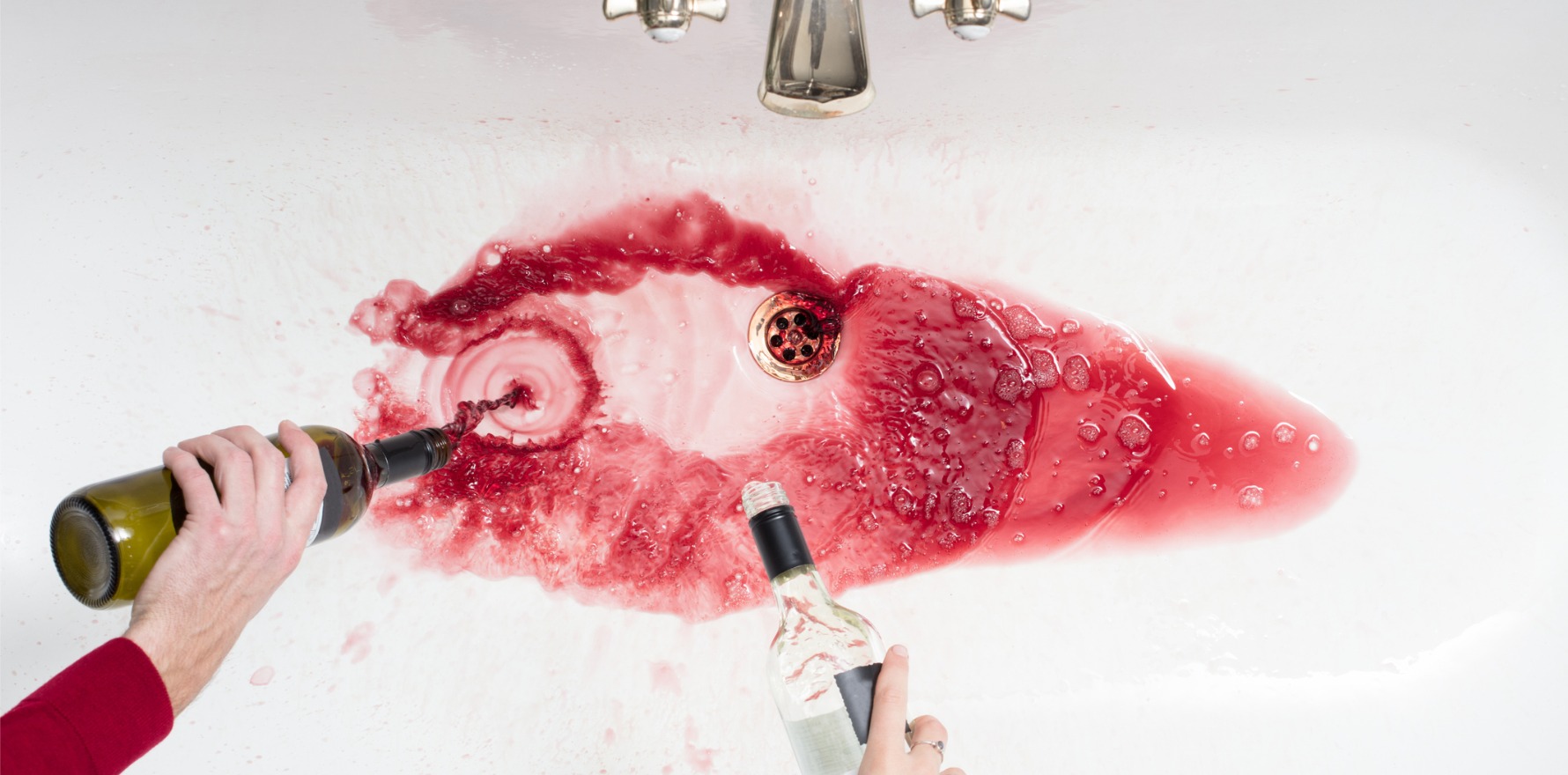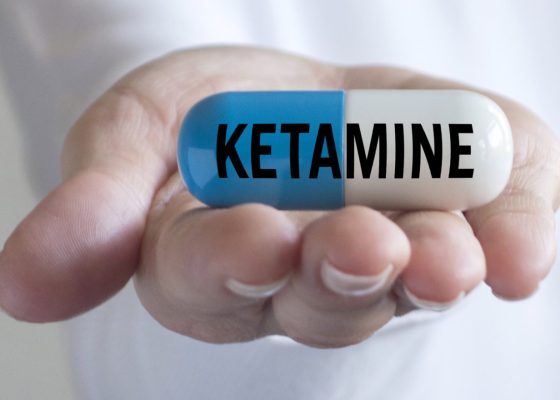The 12-month program enables members to detox at home, as long as they have unrestricted cover for psychiatric care.
Medibank customers will have the option of withdrawing from alcohol, drugs or other stimulants at home through a virtual program supervised by specialists and nurses.
The announcement comes after the health insurer launched a program for post-traumatic stress disorder earlier this year, followed by a psychotherapy program for treatment-resistant depression.
The detox program is available nationally to Medibank members with unrestricted cover for hospital psychiatric services and is provided by Clean Slate Clinic, run by GP Dr Chris Davis.
Members can either self-refer or get a referral from a healthcare provider, carer or community provider, and will then be assessed by a clinician from Clean Slate Clinic.
Members will then be assessed to make sure they can safely do the program and then have up to two weeks of preparation with a nurse and GP to set a care plan, have some tests done and get prescriptions for withdrawal medications.
That’s followed by one to three weeks of detox with ongoing clinical monitoring, and up to 11 months of aftercare.
An 11-month aftercare-only option is available to members if they have already completed detox in hospital or at an in-patient facility and gives them access to nurse consultations, online group sessions and a tailored recovery plan.
Related
Medibank’s Chief Customer Officer, Milosh Milisavljevic said the program was designed to make alcohol and drug recovery easier and more accessible for members.
“This program allows customers to withdraw in the comfort of their own home, with familiar surroundings, while also having regular access to a multidisciplinary team of qualified health professionals,” Mr Milisavljevic said.
“Importantly, it’s delivered virtually, which means eligible customers who are living in remote and rural areas can access it.”
Dr Chris Davis, Clean Slate’s Chief Medical Officer, said the program would allow the clinic to reach more people who might otherwise miss out on help.
“It’s a vital step toward removing the barriers that have long limited access to alcohol and other drug care in many communities,” Dr Davis said.




